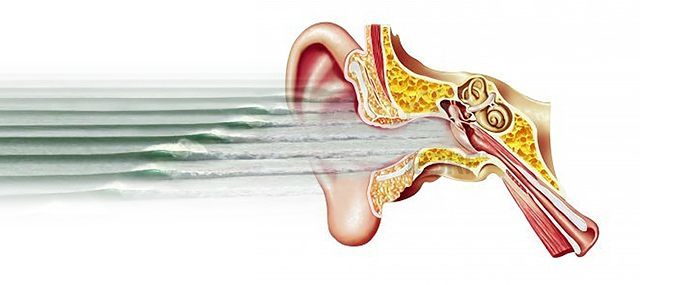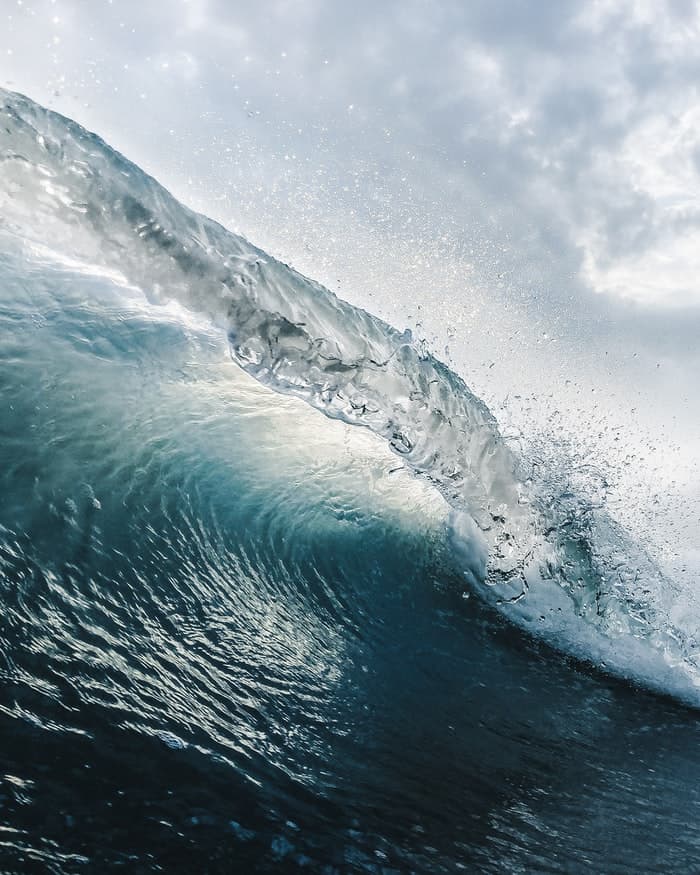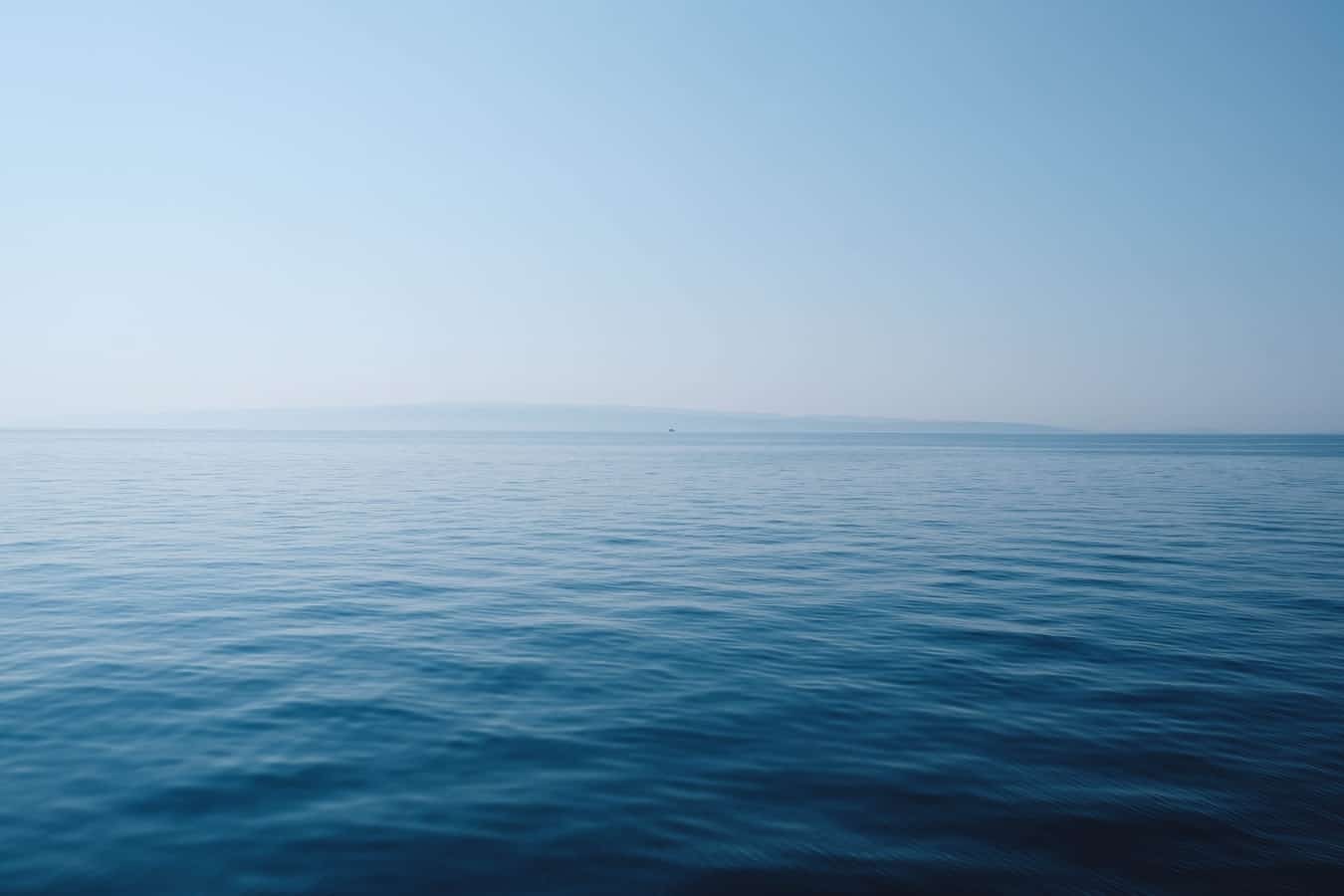Wearing protection when surfing in cold water is near and dear to me, because of a personal experience I had that I’ll share with you later on. If you swim and surf in cold water for a long time, you can begin to develop some conditions that will decrease the size of your ears. Our bodies are 98.6 degrees and anytime we venture into liquid environments, whether hotter or colder than our body temperature, the body tries to adjust and create an equilibrium. This adjustment comes at a price if one isn’t careful.
You’ll ask, Why do my ears hurt when I swim in cold water? Cold water and wind irritate the ear, resulting in “surfer’s ear.” This condition can cause painful ear infections, and in severe cases, surgery is necessary.
What Happens To Ears In Cold Water?
Ear canals are orifices just like the nostrils and the mouth. These areas are open to our surroundings. Water and particulates go in and out of the nose and mouth. Inside, they are connected by a canal, which moves everything that enters the ears and nose to move down to the throat. Some doctors specialize in this part of the body and are known as Ear, Nose and Throat specialists, or ENTs.
When the ears are subject to frequent contact with cold water, bone grows inside the ear that is not normal. The bone grows in the ear canal and water gets trapped in the canal. This causes pain and often infection. Surgery is performed by an ENT doctor, who uses a tiny instrument similar to a chisel, to shave down the excess bone and expand and clear the ear canal back to its normal width. Excess water that caused the infection drains out of the ear.
Bone grows inside the ear canal because cold water increases blood flow, and the extra blood sends nutrients to the ear, leading to the commencement of bone growth. Also, the wax becomes trapped in the narrower ear canal, and this by itself often causes ear infections.

This condition is known as “surfer’s ear,” which is different from swimmer’s ear. Swimmer’s ear causes infection from water getting caught in the ear, whereas a surfer’s ear comes from abnormal bone growth in the ear. Swimmers normally swim in temperate water that isn’t colder than they can swim in with only a bathing suit.
The body regulates temperature by the layers of fat tissue. However, the ear is very thin compared to the face, chest, and legs, so it is difficult to regulate temperature. When you jump into cold water, the ears drop significantly in temperature almost immediately. Nerves inside the ear canal are unprotected, so the ear will react by sending pain messages to the brain.
How Can I Prevent Getting An Ear Infection?
The best way to prevent exostosis (surfer’s ears) is to wear ear plugs and always wear a bodysuit in cold water. However, there will still be increased blood flow to the area, so it is still possible for bony growth to occur in the ear canal if you constantly surf in cold water without a full-body wetsuit to regulate the body’s temperature. No water will enter the ear if you wear ear plugs, though.
Whether or not you wear ear plugs, in cold water you should take a few extra steps. Keep the ears near body temperature by wearing a surfing helmet.
Before going out to surf in cold water, dry your ear canals thoroughly if you swam before or took a shower. Use cotton swabs to make sure ear canals are dry. The ear canals will contract when you go into the water.
Don’t put cotton balls in your ear before surfing. The ear canal is thin and sensitive, and you could be causing more problems. Use ear plugs instead.
Do what you can to stimulate blood circulation in the ears. A good exercise regimen that will increase your heart rate will help your ears in cold water. Cardio exercises like running and biking will do the trick.

If you do have an ear infection, don’t ignore it. The worse it gets, the more damage the bacteria will do. See an ENT at the first signs of ear infection. Those signs are
- Pain in the ears
- Fluid draining from the ear
- Difficulty hearing
The pain you feel is a sign that bacteria are in the ear canal and that the ear is infected. The fluid is water and pus, signaling infection. The ears are clogged with pus, so it is harder to hear.
See a doctor if these symptoms last more than a day. If there is no draining but the ear still hurts, you should see an ENT after 24 hours.
Mastoiditis is an infection of the bone that protrudes from behind the ear. If left untreated, the infection can spread and cause damage to the mastoid bone in the ear. Cysts will develop and the infections can spread to the skull. This is when serious damage will occur.
The ENT doctor will give you a topical antibiotic and prescription antibiotics in pill form to take. Wait until the infection is gone before going back into cold water.
Lastly, massage your ears when they feel cold. Don’t apply hot water. You don’t want any fluids entering the ear canal.
What Should I Wear To Surf In Cold Water?
It is ironic that while the advent of wetsuits has allowed us to surf in colder waters, we are in more danger for infection and even more serious conditions. That’s why it’s important to prevent surfer’s ears and wear protection for your ears and head.
- Wetsuit Hood: You can get a wetsuit hood for as little as $25.00. A wetsuit hood is like a skullcap. It adheres tightly around the ears and head and keeps the ears warm. This is important so that the flow of blood doesn’t increase in the area of the ears. These hoods are made of the same neoprene rubber as your wetsuit is. Your face remains exposed for maximum visibility.
- Swim Cap: This is an alternative to a wetsuit hood. However, a swim cap is much thinner than a hood, but it is waterproof. In very cold water, you can wear both a swim cap and a wetsuit hood.
- Ear Plugs: There are many types of ear plugs to buy, but make sure the ones you choose do not contain silicon. This material can be an irritant to the ear.
I like Block Surf Doc’s Pro Surfing Plugs. They are priced under $15.00 and don’t contain silicon. They’re designed specifically to protect the surfer’s ear and are adjustable.
- Full Body Wetsuit: It can’t be emphasized enough the importance of wearing a full-body wetsuit wherever you surf in cold water. Wetsuits not only prevent water from coming into contact with the body; they work primarily to regulate body temperature.
Wetsuits are made out of neoprene and come in different thicknesses based on the temperature of the water where you surf. They work by allowing a minute amount of water to come into contact with the body. The body’s heat will raise the water temperature to the same temperature as the body, creating a layer of warmth. The body will maintain its normal temperature while you surf.
Once I surfed in water that was 52 degrees, wearing only layers of clothing. This was at a time when wetsuits weren’t as advanced as they are now, and they didn’t do a great job keeping my body warm in any case.
I began feeling dizzy, almost separated from my body as if I were viewing myself in the water from above. I knew that something was wrong, and I paddled out of the water as quickly as possible.
Later I realized I was having symptoms of hypothermia and I was close to losing consciousness. I did get an ear infection, though, and had to get treatment before it got worse.
This is why I’m passionate about surfers protecting themselves in cold water.
Related Questions
What Should I Do When My Ears Begin To Hurt In Cold Water?
You should get out of the water immediately. Ear Pain is one of the first symptoms of an ear infection. Blood is pumping hard in your ears as your body tries to regulate the temperature. Bony growth occurs and that hurts. Get out right away and get all the water out of your ears.
Ear Plugs Bother Me. What Can I Do To Protect My Ears?
Some people just don’t like the feeling of any foreign object intruding into the ear canal. In that case, get yourself a good wetsuit hood. These hoods are made of neoprene, just like your wetsuit. You will feel the wetsuit hood snugly around your head. In 10 minutes, you’ll forget you have it on.
You don’t need to wear ear plugs if you wear a wetsuit hood. They offer the same kind of protection to the head as a wetsuit does for the body.
Why Is It Better To Surf In Cold Water?
Some studies show that surfing in cold water can increase the strength of your immune system. Another advantage is that cold water surfing can help you lose weight, because the body works hard to regulate temperature, and this burns lots of calories.
If you surf in cold water without a wetsuit, at least wear a wetsuit hood. It covers the whole head and the ears, so they are protected against infection.

